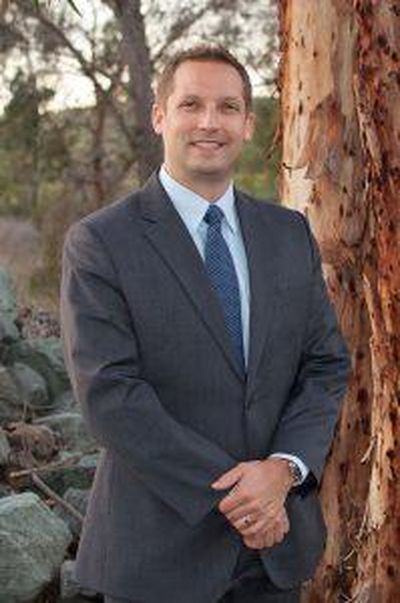Nampa dentist working to prescribe fewer opioids

One Treasure Valley doctor is joining the national fight against the opioid epidemic by using a different, stronger anesthetic during oral surgeries, which has allowed him to reduce opioid prescriptions to patients.
Dr. John Malan, dental surgeon at Owyhee Oral and Facial Surgery in Nampa and Fruitland, learned about a drug called Exparel, which is a strong local anesthetic injected while a patient is undergoing surgery. The drug has allowed him to cut his opioid prescriptions to patients by half, he said. Malan uses Exparel for painful tooth extractions, such as removing wisdom teeth, but it’s also used in other medical surgeries, such as knee replacements or hernia repairs.
Exparel can decrease pain for up to four days, Malan said, unlike the traditional local anesthetic, which would typically last only six to seven hours post-operation. He has been using the drug in his own practice for six months.
However, some studies have found the use of Exparel is not any more beneficial than the traditional anesthetic used. One study conducted in 2015 compared the traditional anesthetic versus Exparel and recorded reported pain following a knee surgery. The study said that Exparel did not show any greater benefits than traditional methods and noted the high cost — $315 per case for Exparel versus $4.92 for the standard anesthetic.
“We’re not saying Exparel didn’t help the patient, and it appears to be a safe drug to use,” Dr. Rajesh Jain, an orthopedic surgeon at Virtua Health System in Voorhees, New Jersey, and coauthor of the study told Stat News.
“The big issue is if it’s worth the cost. We didn’t find it to be any more effective, so there’s no reason to spend more on an expensive drug.”
In the same Stat News report, Dr. James Jones, senior vice president and chief medical officer at Pacira Pharmaceuticals, the manufacturer of Exparel, did acknowledge the drug is more expensive than the standard anesthetic, but said “the older drug does not provide pain relief for as long … and also requires the use of still other treatments, sometimes narcotics, and often longer hospital stays,” which brings added costs, according to Jones.
Malan has found that using Exparel has cut his narcotic prescriptions in half — from previously using about 20 pills after using the traditional anesthetic. Malan reviews the patient’s history to determine if someone will get narcotics or not following a surgery, but he said some patients who have used Exparel do not need the prescription at all.
Malan said about 80 to 90 percent of patients will be prescribed opioids, even in addition to other methods that can reduce pain.
“The challenge is prescribing appropriately, and many times it’s overprescribed,” Malan said.
An analysis done in 2016 by United States for Non-dependence found that overprescribing opioids after surgery resulted in 3.3 billion unused opioid pills, creating a greater likelihood for misuse of the drug in communities.
“We can’t continue to prescribe and just understand people will get addicted,” Malan said.
Malan said his office is focusing on cutting down on opioid use, though he doesn’t think it will be realistic for his practice to ever be completely narcotic free. Because of that, Malan said he works to educate patients on the risks of opioid addiction.
“Opioids have a place, but people need to know they have a potential for addiction,” Malan said.
The same 2016 report found even a 10 percent reduction in the amount of narcotics prescribed would make 332 million fewer pills available for misuse, reduce the number of people who become persistent opioid users by 300,000 and save the healthcare system $830 million annually in drug costs.
But not all of Malan’s patients are opting to use Exparel because of the increased costs it brings with surgeries, which Malan said costs about $200 for one vial per patient. Dental insurance does not cover Exparel, though some medical insurance covers the use of Exparel in other surgeries.
Malan said instead of using narcotics, some patients can take Ibuprofen and ice the area to reduce pain.
Malan believes as people become more educated about the risks for prescribed opioid medications, they “will want a different choice.”